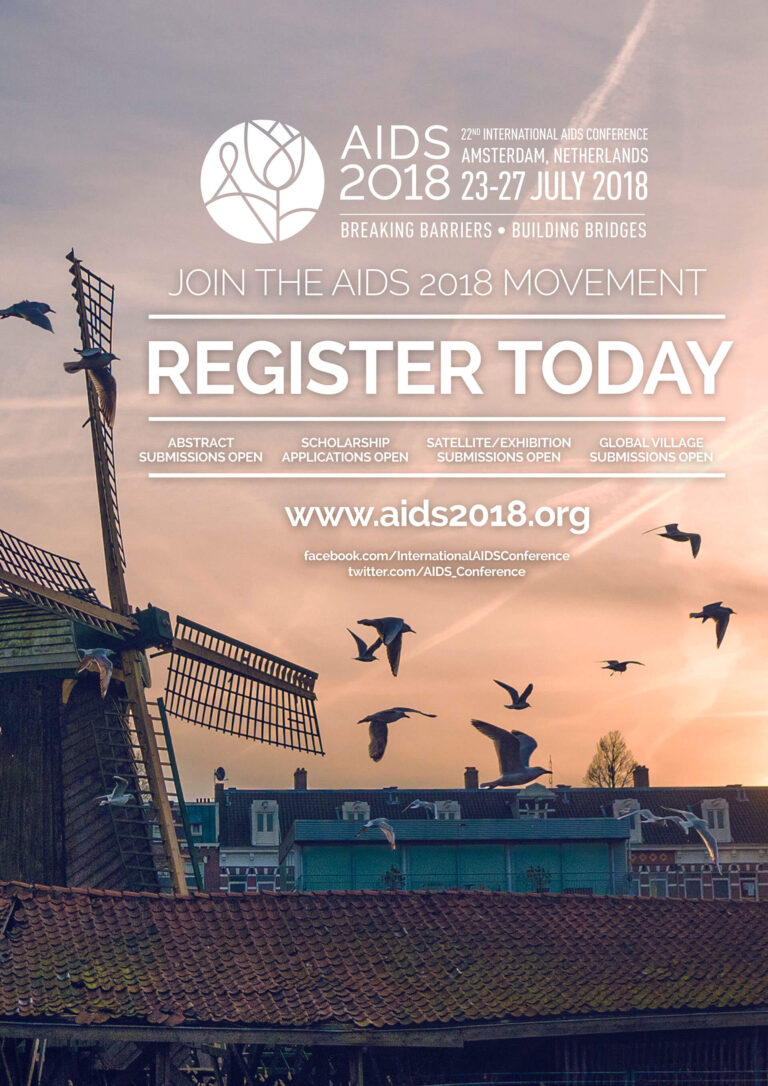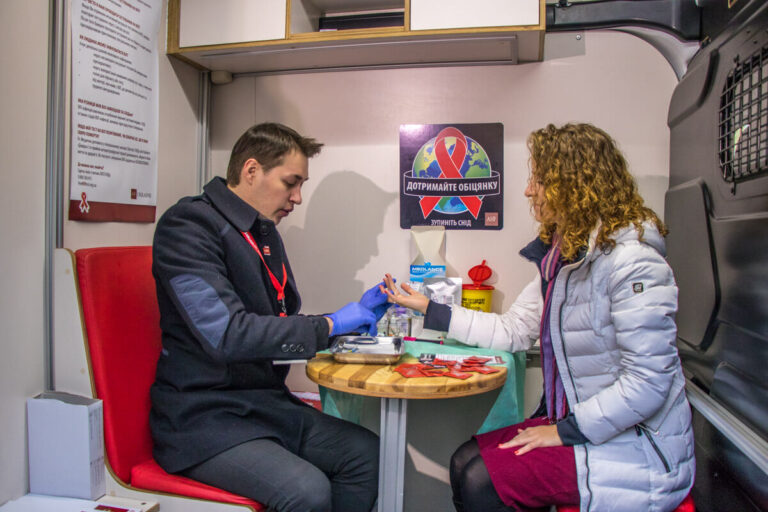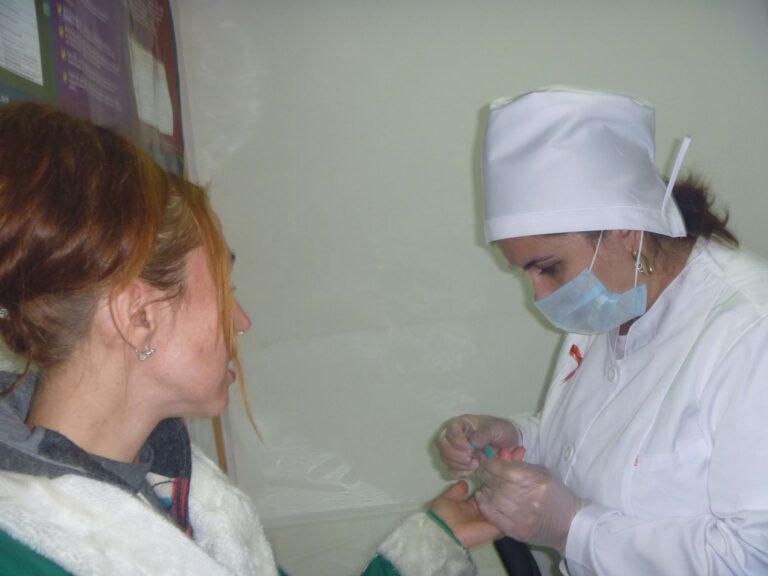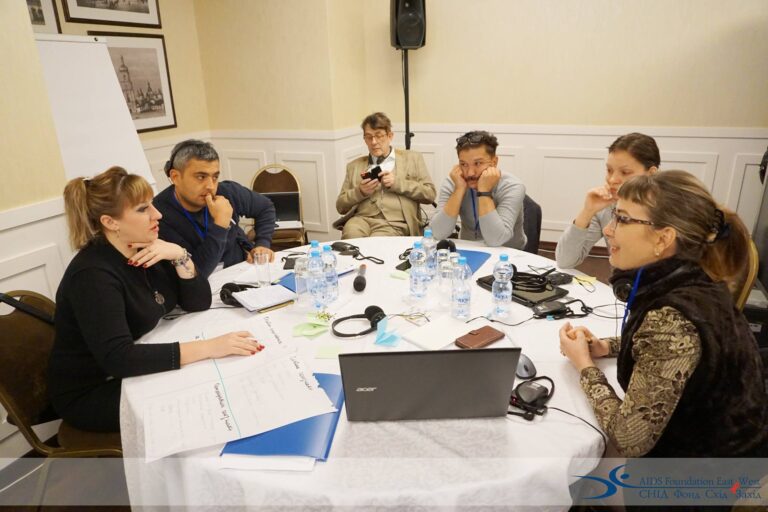
AIDS 2018 Early Programme Preview
In addition to a strong abstract-driven programme, the 22nd International AIDS Conference (AIDS 2018) will offer symposia, workshops and interactive sessions developed by an international committee of HIV scientists, global leaders, policy makers, researchers and advocates. Here is a first glimpse of what you can expect in Amsterdam, which you can also browse in our preview of the conference programme. See an overview of the early programme preview below.








